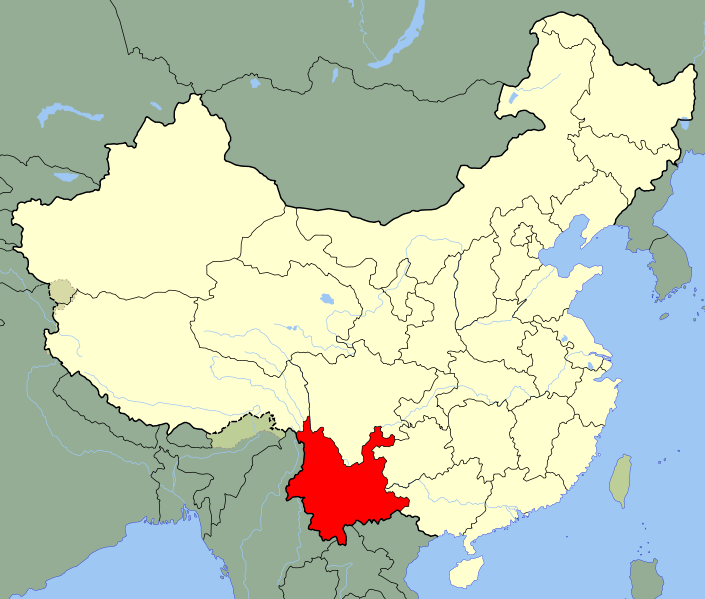Persistently stagnant coffee bean prices in the New York futures market have dragged wholesale coffee bean prices in the southwestern province of Yunnan, a major coffee-bean production site in China, to nearly the cost of production. At 15 yuan (US$2.46) a kilogram, some farmers are being driven to cut down their coffee bean trees.
One farmer, surnamed Li, plans to meet the years of rock-bottom coffee bean prices with an axe, according to the Chinese-language China Business News.
After felling his five-acre coffee tree farm, he will be forced to switch to another cash crop. He hesitated to plant even this year; labor costs, at 1 yuan/kg, are higher than the wholesale price of the bean.
Some local coffee bean farmers persevere. “The going price of 15 yuan/kg is quite low. But coffee-bean prices are sometimes high and sometimes low.
Even with the fluctuation, growing coffee is still more profitable than growing maze or tea in the long term,” said Lan Bo, a farmer in the Pu’er region.
Lan owns a 33-acre plot, with a minimum annual output of 1 ton of beans/acre. In demonstrating his confidence, Lan recently built a new sun-drying ground and renovated the dormitory for his 18 workers.
Li Gongqin, secretary-general of the Yunnan Association of Coffee Industry, attributed the different outlooks to the varying conditions of farms across the regions.
Of the three major coffee bean production sites in Yunnan, Pu’er and Dehong have steadier supply chains, thanks to the purchase of major coffee brands, such as Nestle and Hogoo, an indigenous brand.
Nestle purchases over 10,000 tons of coffee beans in Pu’er and the amount is still increasing. In addition, Starbuck has also began to rummage through the area.
Farmers bring their best beans to Nestle’s purchasing centers, which do not offer contracts but buy at prices in line with spot prices in New York. In addition, Nestle offers premiums to quality coffee beans, amounting to several dimes a kilogram.
Nestle and Starbucks offer free technical training for farmers in Pu’er, helping them to augment their output. Lan Bo noted that he remained profitable even in 1997, when coffee bean prices hit the floor at 6 yuan/kg.
In Dehong, virtually all coffee bean farmers are affiliated with Hogoo, a local enterprise, which guarantees a minimum price even during a bearish market. The local government also offers 200 yuan (US$33) in subsidies for every acre.
By comparison, farmers in Baoshan lack the patronage of large enterprises and supply mainly to small enterprises and agents of foreign enterprises, which offer relatively low prices. As a result, plantation techniques in the region lag behind the two other production sites, leading to lower output.
Source: http://www.wantchinatimes.com/news-subclass-cnt.aspx?id=20131118000025&cid=1102


















